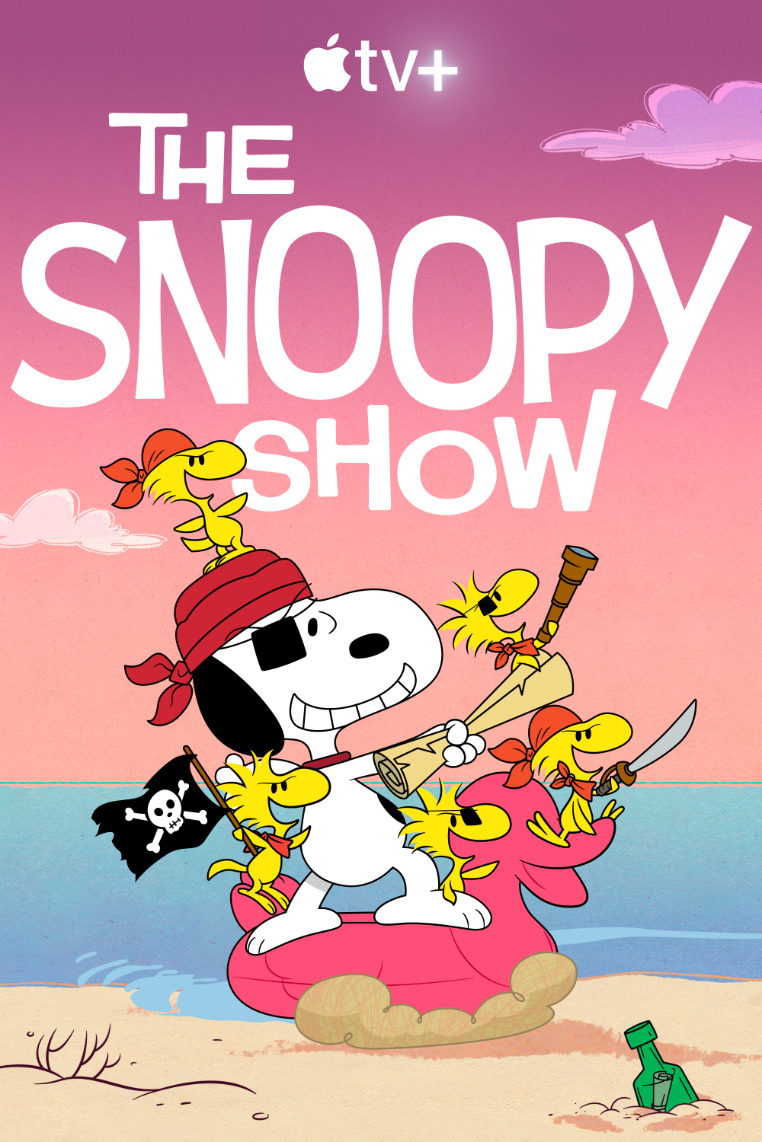
How Will GenAI Impact Documentaries? Filmmakers Propose Guidelines
By Movieguide® Contributor
To tackle the challenges brought by Artificial Intelligence, the Archival Producers Alliance (APA) recently released a set of industry guidelines on the use of AI, specifically GenAI.
“We recognize that AI is here, and it is here to stay. And we recognize that it brings with it potential for amazing creative opportunities,” APA co-founder Jennifer Petrucelli said. “At the same time, we want to really encourage people to take a collective breath and move forward with thoughtfulness and intention as we begin to navigate this new and rapidly changing landscape.”
In the APA’s release “Best Practices for Use of Generative AI in Documentaries,” they focus on the topic of GenerativeAI (GenAI), “a type of artificial intelligence capable of creating images, video, audio, or other media in response to prompts from a user.”
The Alliance, made up of over 400 documentarians, addresses consent when using a person’s image and/or voice while “considering ways to take extra care when a subject or affected individual is unable to give informed consent.”
IndieWire gave the example of such a case where consent would not be applicable in the documentary ROADRUNNER about deceased chef/reality TV personality Anthony Bourdain, where GenAI was used to recreate his voice in a reading of his writings.
“When you’re creating someone’s voice, and it does seem again more benign if they’re reading words that they actually wrote, so you’re not putting words in their mouth per se, but you are making assumptions about the way that they’re delivering that, how they spoke, what words they were emphasizing — if they were saying something in jest, or if they were saying something very seriously, what the emotions are behind it,” Petrucelli told IndieWire.
She states that those nuances are impossible for AI to pick up on, and that calls for being “extra diligent” in those instances.
The APA also addressed the concern of GenAI footage being mistaken as genuine material and being “passed along — on the internet, in educational materials, in other films and is in danger of forever muddying the historical record.”
In their guidelines, they suggest filmmakers distinguish GenAI footage from a real clip by way of labels such as watermarks, lower-third titles or overlays.
“Transparency is always the bottom line, that the audience should never be confused as to what is generative AI and what is not,” said APA co-director Rachel Antell.
While Petrucelli says that the guidelines aren’t meant to “hamstring creativity”, the APA wanted to emphasize the importance of legal consultation in the use of GenAI, especially as the field evolves and the legal landscape “hasn’t been firmly established,” IndieWire wrote.
“You may inadvertently be bringing in something that is copyrighted, it’s very hard to really trace what’s being scraped [to train GenAI models], and if it is too close to something that actually exists,” Antell said. “And the laws are all so unclear, and they’re different between different states at this point. The laws are different in Tennessee than they are in Colorado.”
Documentary movies are not the only entertainment field that has embraced AI. Video game creators have also taken advantage of the growing technology. As Movieguide® previously reported, creators are using AI to make more realistic NPCs (Non-playable characters):
Though staples of gaming, NPCs have typically been unremarkable, serving as vehicles for plotlines or simply acting as cannon fodder for the player. With their movements and speaking lines predetermined by the game’s developers, even the most carefully crafted NPCs become uninteresting over time.
Convai, however, hopes AI can resolve this problem as it enables minor characters to hold unique, interesting conversations with the player. Games that utilize their technology will send players’ conversations to Convai’s AI service via the cloud, receiving a response to relay back to the player after a short delay. Though this pause may hinder some of the immersion, the company hopes that the technology’s other features will compensate.
“[The NPCs] will stay in character,” [CEO of Convai Purnendu] Mukherjee said. “They will not break character. If you’re interacting with a professor or medieval merchant and start talking about something outside of that world, they will say, ‘What are you talking about? I have no idea what that is.’”
As AI is integrated into NPCs, however, Julian Togelius, an associate professor of computer science and engineering at New York University, pointed out “that AI-driven characters may be unpredictable, which poses a concern.”
However, Mukherjee noted, “Developers have the complete freedom to say how far their [characters] can go from their backstory and how restrictive they want to keep them.”
Questions or comments? Please write to us here.


 - Content:
- Content: 
